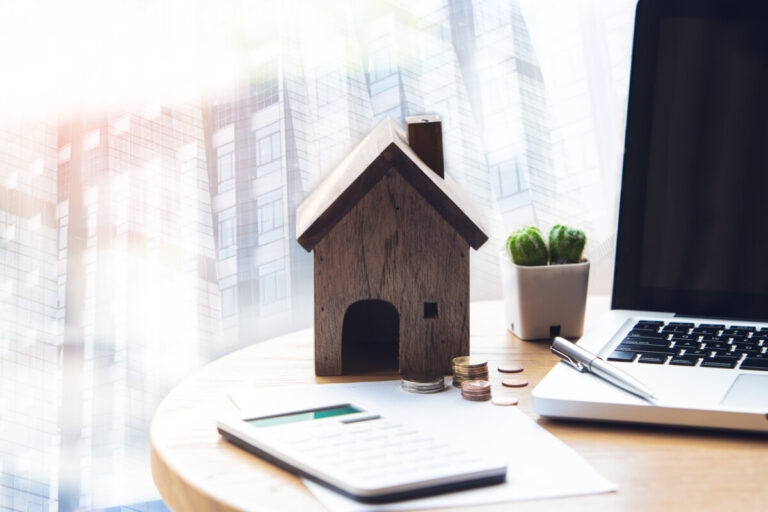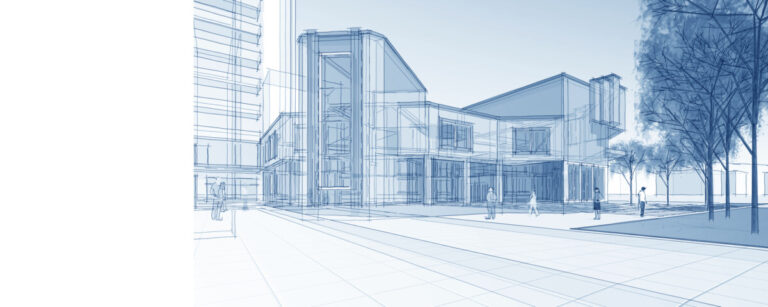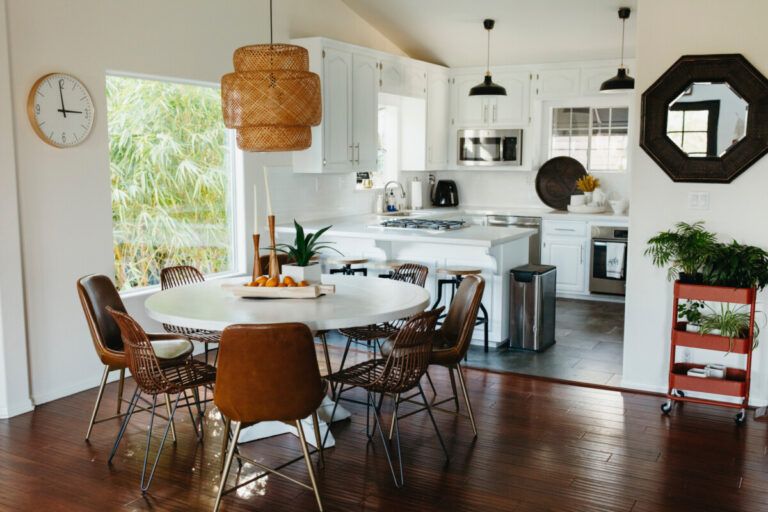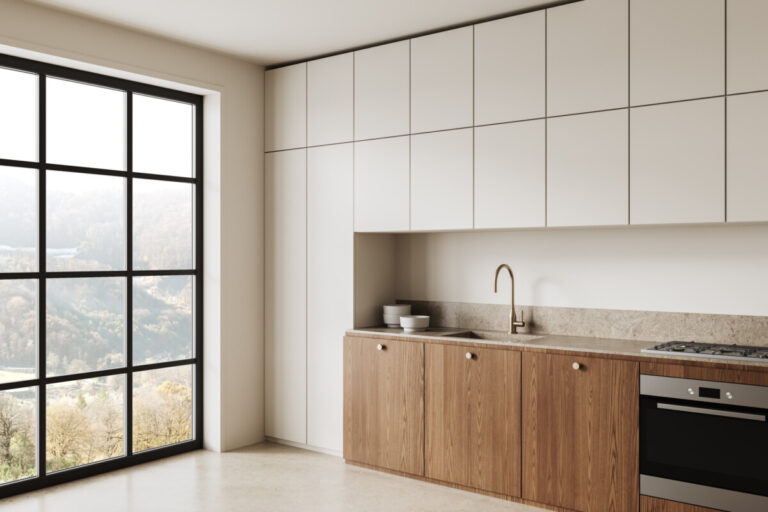
Embarking on the journey to homeownership is an exciting milestone. Still, it’s crucial to approach it with a clear understanding of your financial situation. Assessing your affordability for homeownership and mortgages involves more than just envisioning your dream home—it requires thoroughly examining your financial health and the numbers shaping your future.
The first step in assessing affordability is determining your budget. Take stock of your income, expenses, and existing financial obligations to establish a realistic framework for homeownership. Consider your monthly income, debt payments, utility costs, and other recurring expenses. This will give you a clear picture of how much you can comfortably allocate towards monthly mortgage payments.
Next, consider your down payment and closing costs. While many aspiring homeowners aim for a 20% down payment to avoid private mortgage insurance (PMI), options are available for those who can’t afford this upfront. Explore down payment assistance programs, government-backed loans, and other financing options to determine the best approach for your situation. Additionally, factor in closing costs, which typically range from 2% to 5% of the home’s purchase price, when calculating your total upfront expenses.
Once you have a clear understanding of your budg
et and upfront costs, it’s crucial to get pre-approved for a mortgage. This step involves meeting with a lender to review your financial documents, credit history, and income to determine the loan amount you qualify for. A pre-approval letter not only provides a clear idea of your purchasing power but also enhances your credibility as a serious buyer, which can be a significant advantage in a competitive housing market.
As you navigate the process of assessing affordability for homeownership and mortgages, it’s crucial to be realistic and conservative in your estimations. Remember to factor in potential future expenses, such as home maintenance and repairs, property taxes, and homeowners insurance, when setting your budget. This approach will help you avoid any financial strain in the future.
In conclusion, crunching the numbers and assessing your affordability for homeownership and mortgages is a critical step in owning a home. By carefully evaluating your financial situation, setting a realistic budget, and exploring your financing options, you can position yourself for success and make informed decisions that pave the way for a bright future in your new home.










































